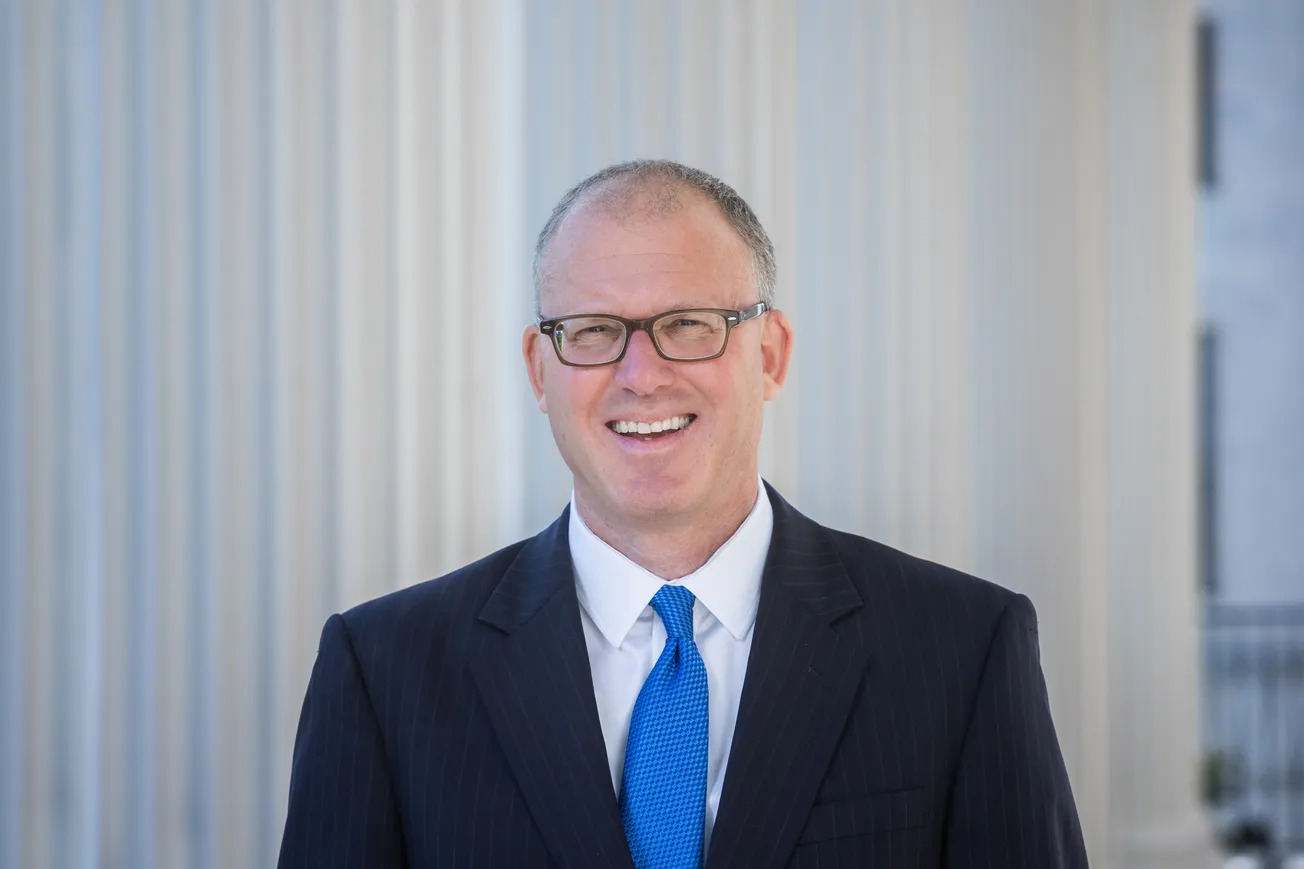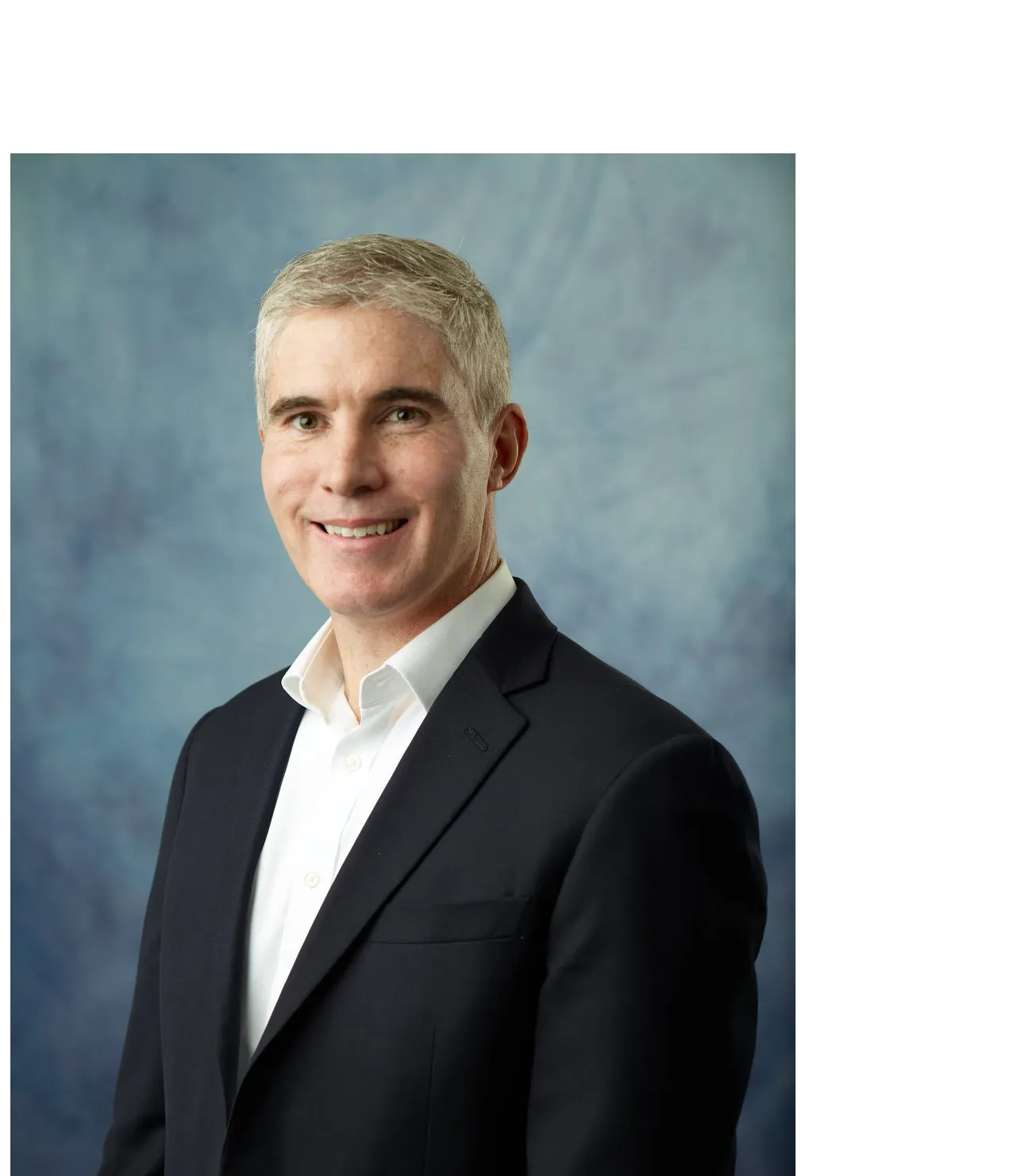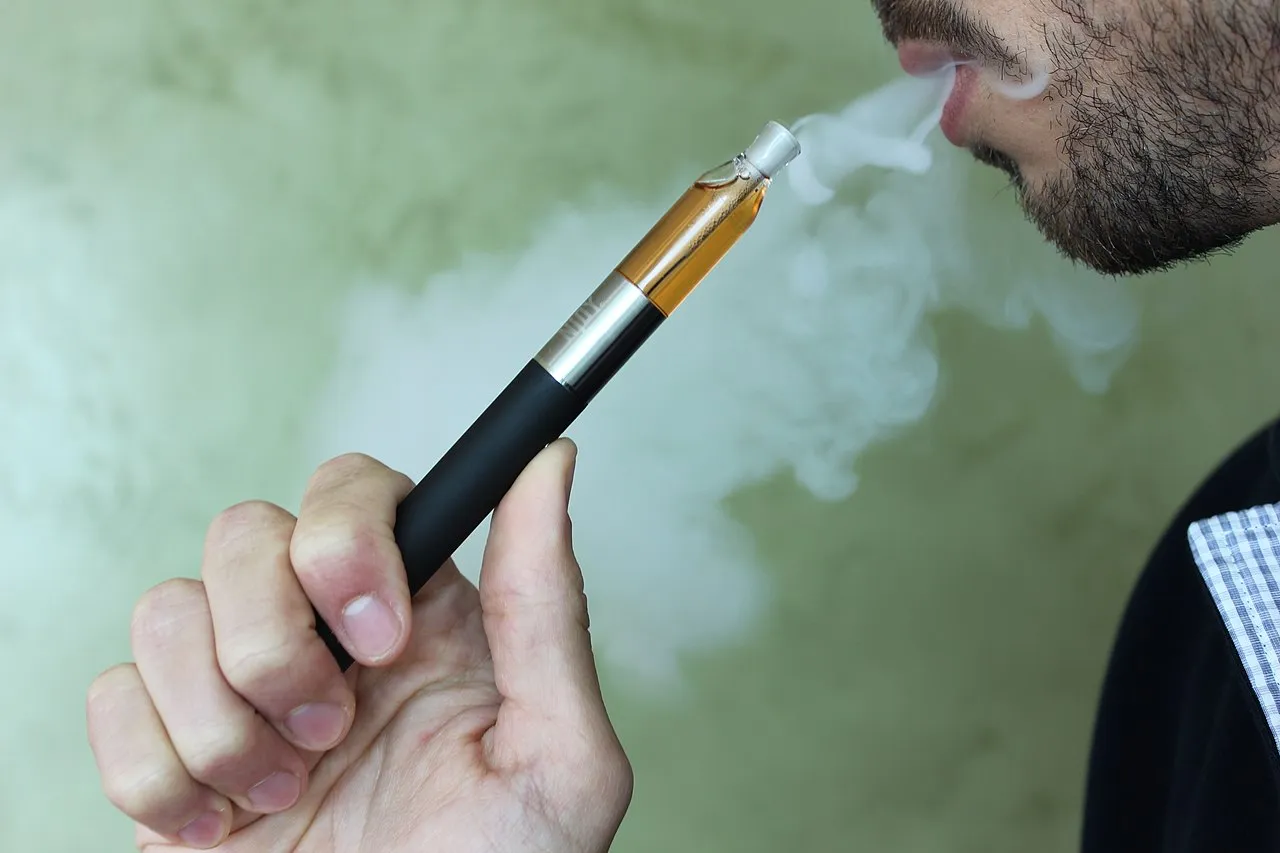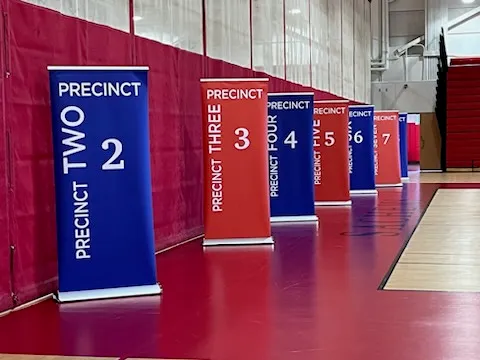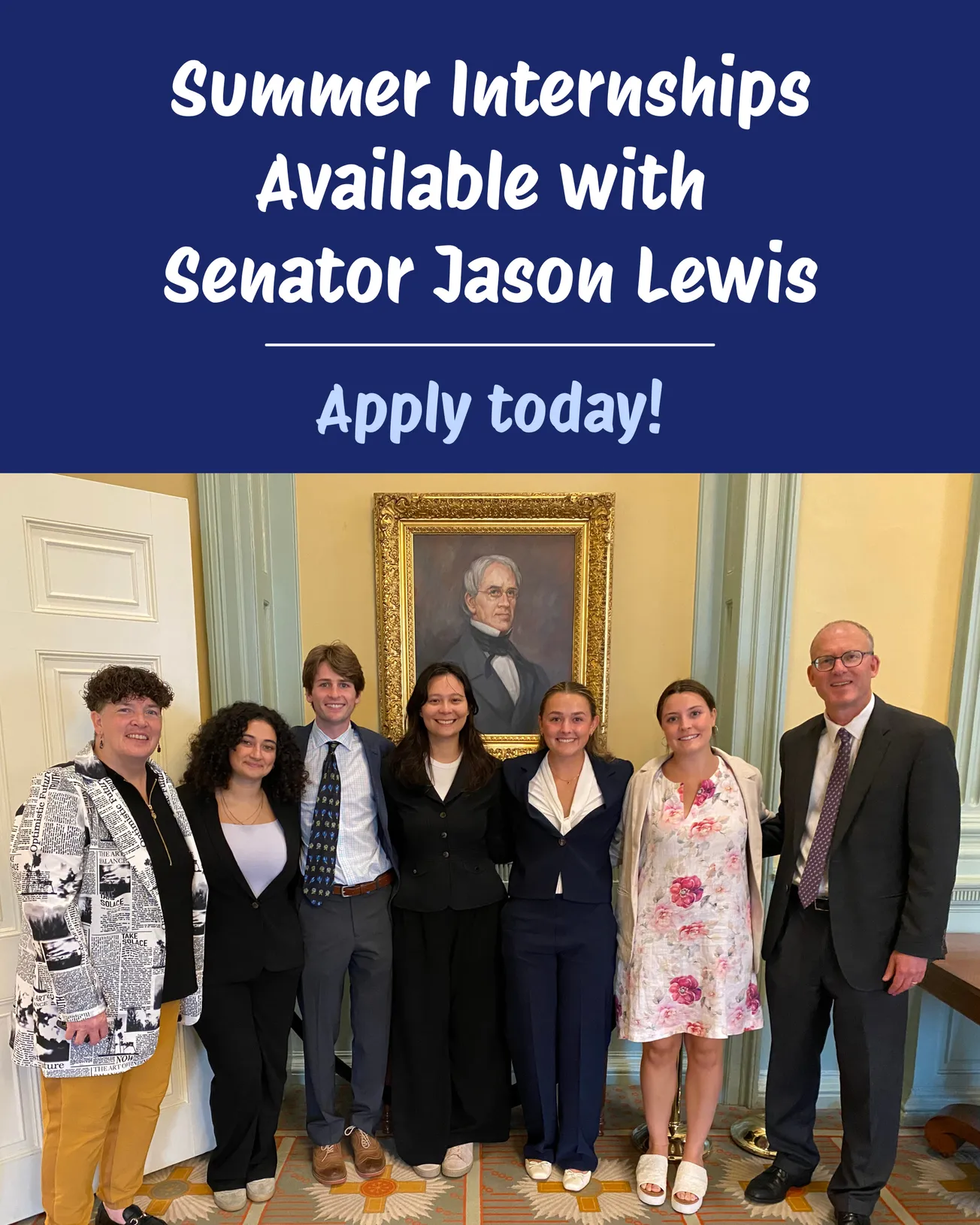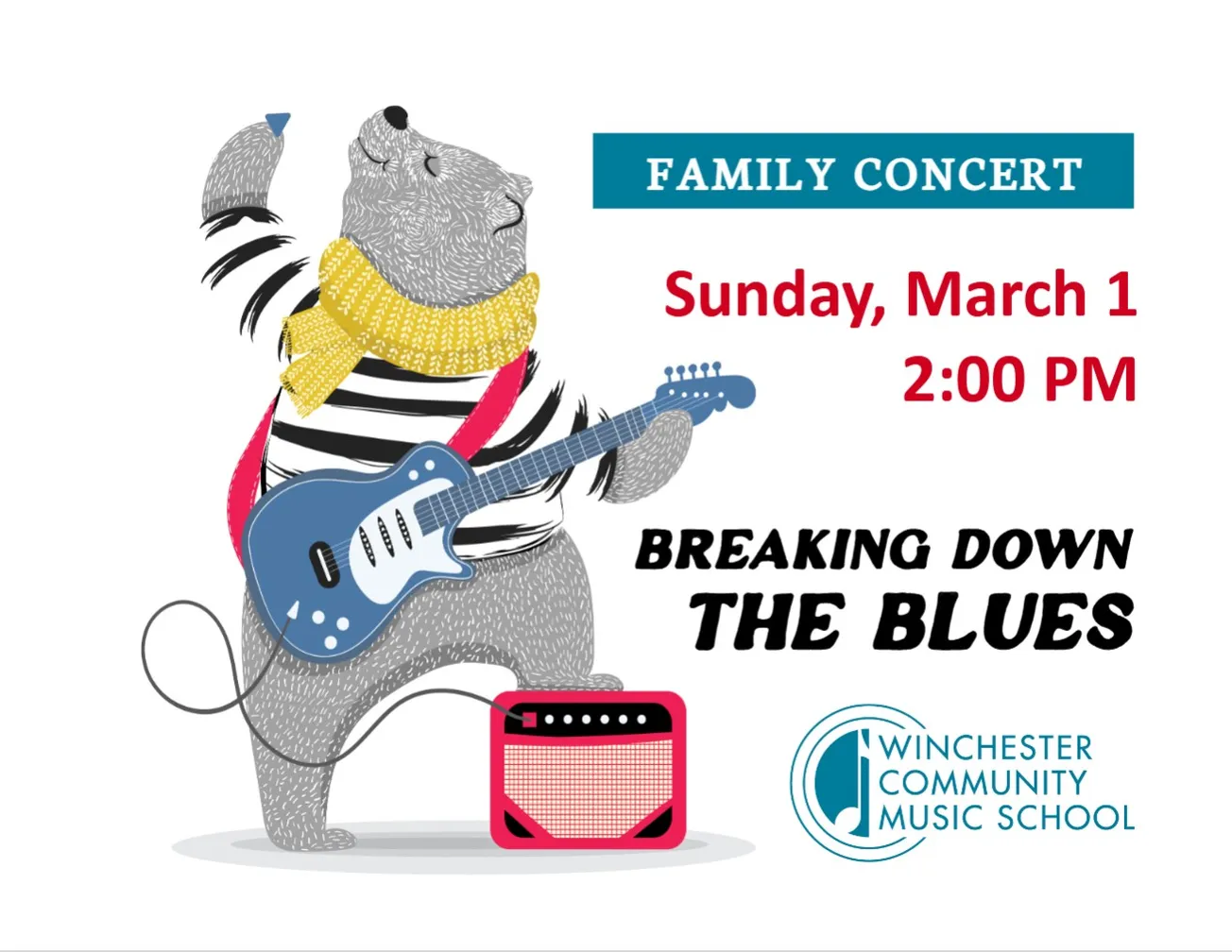Table of Contents
Sen. Jason Lewis, D-Winchester, is co-sponsoring a bill to prohibit anyone born after 2005 from buying nicotine products in Massachusetts, know as the Nicotine Free Generation.
The proposed legislation, filed Jan. 16, aims to phase out the sale of nicotine and tobacco products by instituting a birthdate-based system: People born after Jan. 1, 2006, would be prohibited from purchasing these products, while those born earlier would retain their purchasing power.
A public hearing on the bill, which would take effect Jan. 1, 2027, has not yet been scheduled.
The statewide proposal comes just weeks after Winchester’s townwide ban took effect Jan. 1, prohibiting anyone born on or after Jan. 1, 2004, from buying nicotine or tobacco products. Winchester became the 12th Massachusetts community to adopt a generational ban, five years after Brookline enacted the state’s – and the country’s – first.
The Brookline ban, which applies to anyone born on or after Jan. 1, 2000, was challenged in the Massachusetts Supreme Judicial Court, which upheld it, stating that cities and towns “have a lengthy history of regulating tobacco products to curb the well-known, adverse health effects of tobacco use.”
“Importantly, state laws and local ordinances and bylaws can and often do exist side by side,” the court added. “This is particularly true of local ordinances and bylaws regulating public health, the importance of which we have long acknowledged.”
Through his spokesman, Lewis declined to speak with a Winchester News reporter about his bill. Instead, he emailed a statement saying the bill is “modeled after the policies of Winchester and other local communities who are committed to protecting future generations from the harms of smoking.”
“The use of nicotine and tobacco is a major public health issue,” said Lewis’ spokesman, Paul Albright. “There are hundreds of thousands of Americans who die from smoking-attributable causes each year, and smoke continues to be the leading cause of preventable disease and death in the United States.”
Anthony Chui, director of health and human services in Melrose, said this ban will gradually eliminate tobacco use in the future and cut addiction off at the source.
“The next generation of folks that are able to legally purchase will no longer be able to purchase. So this will be a slow phase-out,” Chui said. “Each year, the next group that turns 21, won't be able to purchase tobacco. So we decrease the potential for addiction in the first place.”
In 2018, Gov. Charlie Baker signed a bill raising the age limit to purchase tobacco and nicotine products from 18 to 21. The bill prevents any city or town from moving to raise the age any higher than 21. Massachusetts was the sixth state to raise the age to 21, following New Jersey, Maine, Oregon, Hawaii and California.
Then, in November 2019, Massachusetts became the first state to pass a law prohibiting the sale of all flavored tobacco products, including menthol cigarettes, flavored e-cigarettes and flavored cigars.
Public health advocates argue that restricting youth access to nicotine and tobacco products is crucial for preventing addiction and associated health risks. According to the U.S. Centers for Disease Control and Prevention, 9 in 10 adults who smoke daily first tried smoking by age 18.
“We’re looking to see a decrease in lung cancer, you know, heart disease. All the affiliated conditions that we see associated with tobacco use, whether that’s combustible tobacco or other types of tobacco now,” Chui said. “We’re expecting to see that those incidence decrease of new diseases.”
Critics of the proposal
However, the proposed legislation has faced opposition from industry groups. Peter Brennan, executive director of the New England Convenience Store and Energy Marketers Association, expressed concerns about the economic impact on small businesses.
“Say an independent store is getting 20 to 30% of their in-store revenue on nicotine products,” Brennan said. “You ban those products, then that's an insurmountable hit to that store.
Brennan also argued that banning nicotine in Massachusetts would cause the state to lose tax revenue, as people can go to bordering states to get nicotine products.
“People are still going to get the product somewhere. So why not just educate youths if that's who we're targeting?” Brennan said. “They're age-regulated for a reason.”
Brennan said he believes this debate should be at the state level, not before local health boards. His association created a grassroots organization, Citizens for Adult Choice, to oppose local tobacco bans.
This story is part of a partnership between the Winchester News and the Boston University Department of Journalism.

